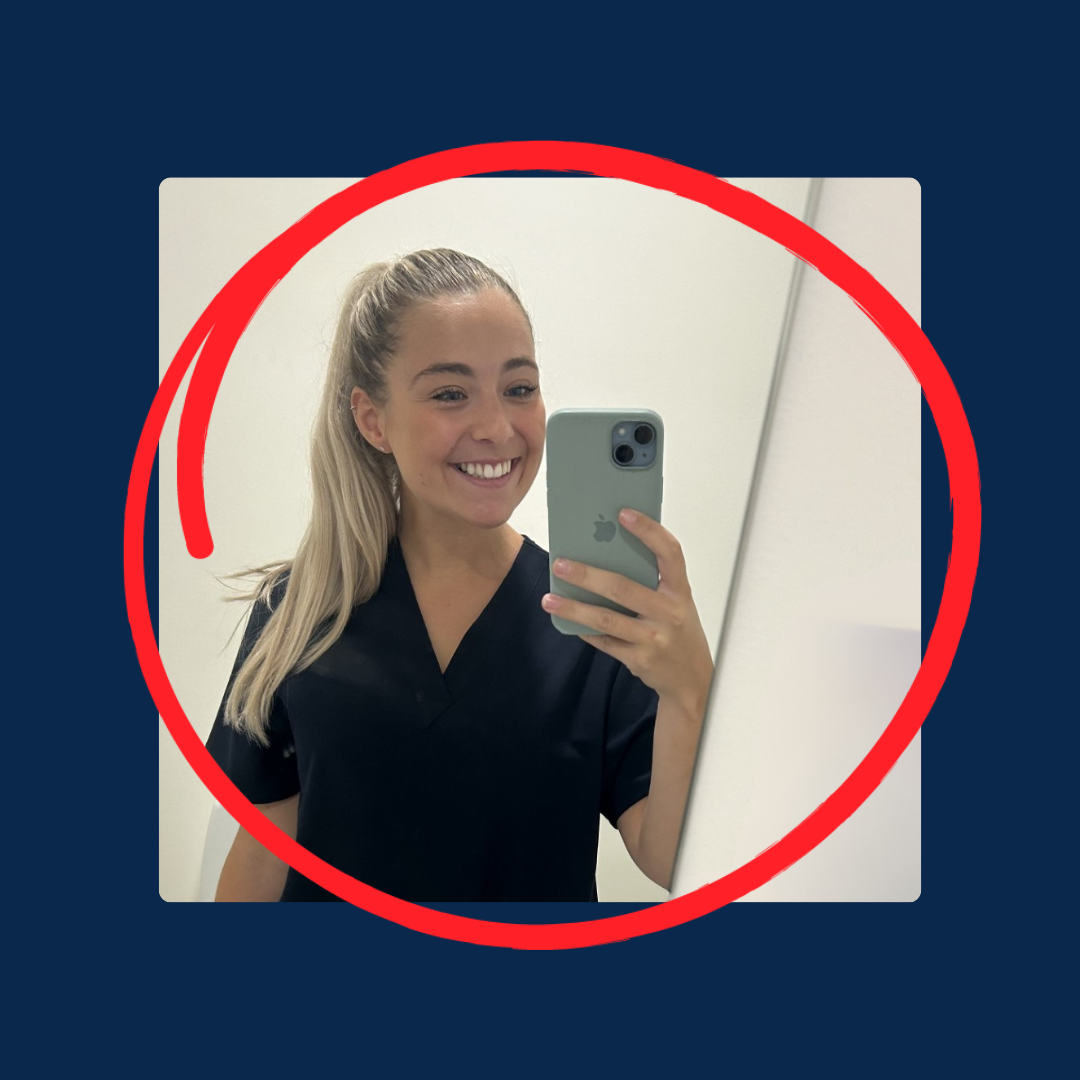Agency nurse vs staff nurse: Which path is right for you?

As a nurse, you’ve got a lot of career opportunities in front of you. Two of these opportunities include choosing between staff nursing and agency nursing. Both offer unique experiences, benefits, and career opportunities. This makes choosing between the two quite a challenge.
So, which one is right for you?
If you’ve got no idea, then you’re in the right place. It can be hard to know the answer. But hopefully after our detailed breakdown of staff nursing and agency nursing, you’ll have a better idea as to which path suits you. Let’s dive in!
What is an Agency Nurse?
Before we get to the pros and cons let’s define what an agency nurse and a staff nurse mean.
An agency nurse is a nurse who works for a nursing agency. These nursing agencies partner with a variety of healthcare facilities, including hospitals, GPs, aged care homes, and many more facilities. These facilities will send requests to the nursing agency to fill available shifts. The agency will then send one of its nurses to work in that facility for that shift.
So, this means that an agency nurse works across a lot of different facilities. Facilities often have shortages, so you’ll find a lot of opportunities to work in a variety of locations, with many different people and patients.
What is a Staff Nurse?
A staff nurse on the other hand is employed full-time by a single facility. They will work their required shifts in the facility that they are employed by. Staff nurses work consistently with the same people and cover the same responsibilities each week. Of course, even in one facility, no two days are the same, but generally things will be more consistent than with an agency nurse.
What are the big differences?
Agency nursing and staff nursing have stark differences from each other. From the way you are employed to the way you pick up shifts. Let’s go over some of the distinct differences now.
Pay levels
While staff nurses may be employed on a full-time salary, it’s actually agency nurses who win the pay battle. Agency nurses can make significantly more money than staff nurses. This is because agency nurses often earn a higher hourly wage and have the flexibility to work as much as they like.
So, if you want to work less but earn as much as you do now, that’s entirely possible as an agency nurse. Alternatively, you can take up an extra shift to help boost your savings goals. It’s also common for someone to work as a staff nurse and then supplement their salary by picking up some shifts with a Nursing Agency.
Flexibility
An agency nurse has the freedom to set their schedule. They can choose how many hours they work each week, when they work, and where they work. This means that an agency nurse has the flexibility to schedule around events and holidays or to add a few shifts when they want to make some more money.
Staff nurses tend to have a set schedule each week with a set number of hours. This is great if you crave that consistency and stability. But with the high demand for nurses in Victoria, you’ll likely find a shift whenever you want to work as an agency nurse.
Annual leave
As staff nurses are employed on a full-time basis, they get access to all leave entitlements. This includes annual leave and sick leave. So as a staff nurse, you can submit your leave applications for any holidays or sick days and know that you won’t lose out on any income.
On the other hand, agency nurses do not get access to sick leave or annual leave. Instead, this is often made up through higher pay and greater shift flexibility. So, if you’re sick you can take the day off, or schedule shifts around an upcoming holiday. But you won’t get paid if you’re not working. Generally, this is a consideration agency nurses have to make in their savings. Alternatively, they may pick up extra shifts before and after to make up for the lost income.
Stability
Staff nurses have a set number of work hours each week and a set location to work during those shifts. Their schedule is set in advance and followed through. There’s a guarantee that you will get shifts each week.
If you’re someone who likes the stability of working in the same facility with the same people with generally consistent hours, then staff nursing holds the advantage.
On the flip side, there is constant demand from facilities for more nurses. Which an agency nurse can fill whenever they feel like working. You’ll still be able to fill each week up with shifts, but they may be at different times, in different facilities, and with different people.
Facility politics
Few people enjoy work politics. If you’re always at a single facility it can be hard to escape the politics. This can drag down your passion for nursing.
Fortunately, agency nurses can escape politics by moving around between facilities. They can try out different facilities to find the ones that they prefer working for.
If you’re a staff nurse, then you can also take up a shift as an agency nurse in a different facility to get a little break from the politics.
Mentor relationships
Building a mentor relationship can be an important part of your career development. Since, as a staff nurse, you’ll be working with the same people each week, it is much easier to build these mentor relationships. You’ll be able to connect with senior nurses at the facility and develop a close mentor relationship.
These relationships are great for learning new skills, getting career advice, and improving your abilities.
Of course, being an agency nurse doesn’t stop you from gaining a mentor. You will just need to take the initiative and reach out to your mentor. As well as this you may need to coordinate shifts if you want hands-on time while working. However, agency nurses also often gain access to other educational and career-progressing opportunities to make up for it.
Experiences
Nothing quite matches the number of experiences you can get from being an agency nurse. Since agency nurses work with a wide variety of patients, healthcare workers, and facilities, they experience a lot of variety. No two days are the same.
Agency nurses can use these experiences to expand their knowledge and skills. It’s the perfect way to rebuild your passion for nursing and accelerate your career.
Which option is best for you?
Now that you’ve seen the pros and cons of both options it’s hopefully a little easier to know which path is best for you. Generally, agency nursing is perfect for anyone who wants greater control over their schedule, the flexibility to take shifts when they want, are seeking a break from staff nursing, or want to supplement their income. On the other hand, staff nursing can be great if you are looking for absolute stability, want to establish yourself in a facility, or want to build a mentor relationship.
If agency nursing sounds like something that you’d love to get involved with, come have a chat with First Chpoice Care by registering your interest today.
More articles





